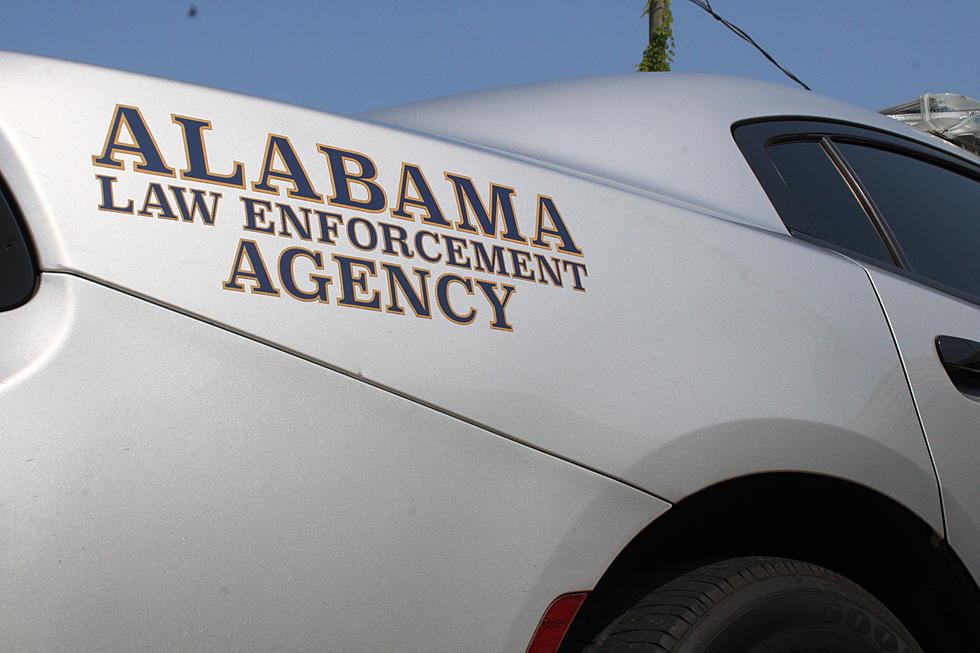
Tuscaloosa County Sheriff Says Gun Law is Dangerous and Costly
A new law signed by Governor Kay Ivey Thursday will cost the Tuscaloosa County Sheriff's Office up to $700,000 annually and make law enforcement more dangerous, Sheriff Ron Abernathy told the Thread Friday afternoon.
The bill in question repeals a requirement for Alabama citizens to purchase a concealed carry permit from their county sheriff in order to hide a handgun on their person or carry one in their vehicles.
But for the sheriffs in all 67 counties in the state, those permits were a major revenue generator -- Abernathy said TCSO was making $700,000 annually from the sale of pistol permits and he expects that figure to plummet beginning in January when the licenses are not legally required to conceal a sidearm.
The new law is also almost certain to make interactions between police and citizens more dangerous, he said.

Abernathy reiterated several times that he is pro-gun and all for the Second Amendment rights of residents of the county. His problem with the bill is twofold, though.
The biggest issue, Abernathy said, is that removing the pistol permit requirement means decreasing safety in the area and across the state.
Anyone buying a pistol permit had to also pass a background check before it was issued, and Abernathy said if a person was known to be mentally ill or to associate with career criminals, TCSO would not issue them a permit and those people would be barred from carrying a concealed weapon or having one in their vehicles.
The permit requirement also aided in preventing crime. Abernathy said his deputies have on several occasions arrested someone for the misdemeanor charge of concealing a handgun without a pistol permit and in doing so, stopped them from committing an imminent crime.
The misdemeanor was relatively minor and would not ruin a suspect's life, but those arrests almost certainly stopped a more serious crime from being committed, Abernathy said.
His more minor problem is with the elimination of the revenue pistol permits generated. Abernathy said he is confident that the Tuscaloosa County Commission and its chairman Rob Robertson will ensure his office remains funded enough to keep the area safe.
If any belt-tightening must come as a result of the new law, Abernathy said TCSO will cut funding for new equipment and other non-human costs instead of eliminating jobs held by deputies, detention officers, investigators and other employees of the sheriff's office.
The repeal of the permit requirement has long been a goal of many Republicans in Alabama, and the same parties were generally for and against it when the matter came before the state legislature year after year.
On one side, the Alabama Sheriff's Association and anti-violence activists would argue against the proposed legislation annually for the reasons outlined above. On the other, gun rights activists including BamaCarry and other groups like them said any requirement for a state-issued pistol permit was an infringement of Second Amendment rights and thereby unconstitutional.
Abernathy told the Thread that he wished a common-sense compromise had been reached -- that if the problem was asking citizens to pay for a permit, the legislature could have passed a bill that made all permits free but left the background check and permit requirement in place.
Now, the sheriff said, every interaction between law enforcement officers and citizens will be a little more uncertain and a little more dangerous.
"It becomes a safety issue for law enforcement officers who have to make split-second decisions every day," Abernathy said. "I think people are going to get hurt."
Abernathy also grimly noted that the law signed Thursday includes a new stipulation that forbids anyone from carrying a loaded gun into the primary office of any elected official without permission, regardless of whether they have a pistol permit.
"These lawmakers are worried about people bringing a gun into their offices and made it illegal to do that," he said. "They don't seem to be worried about officers out here walking up to cars every day not knowing if a gun is inside."
Top Stories from the Tuscaloosa Thread (2/28 - 3/6)
All Homicides in Tuscaloosa County in 2021
More From Tuscaloosa Thread









